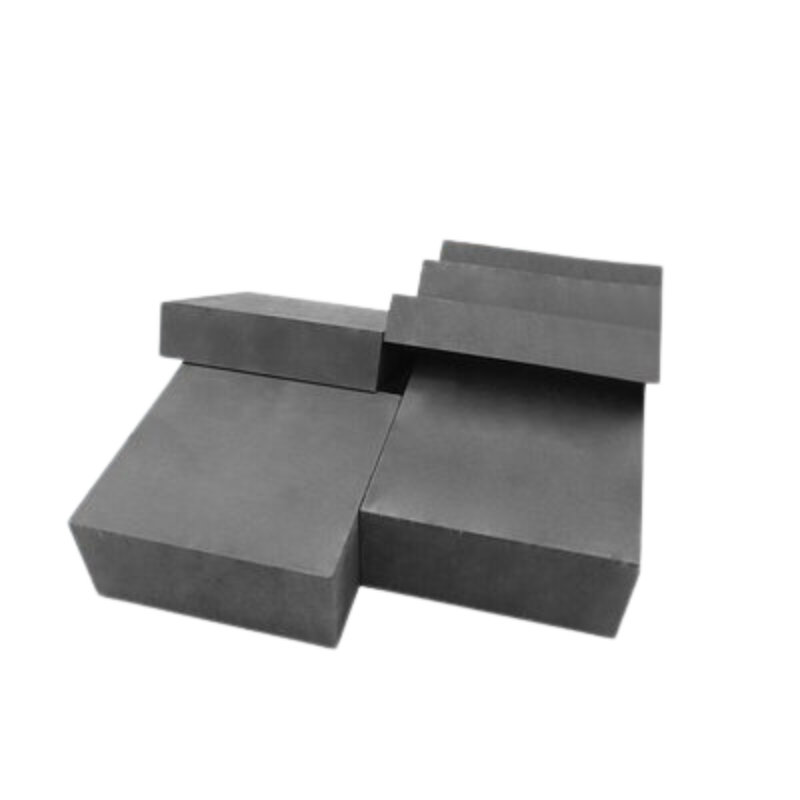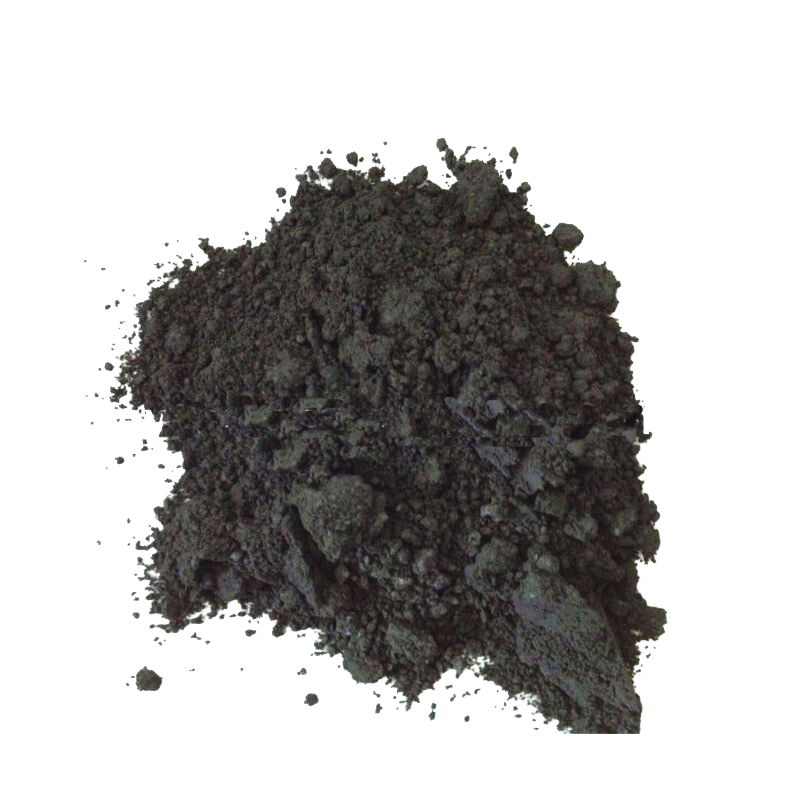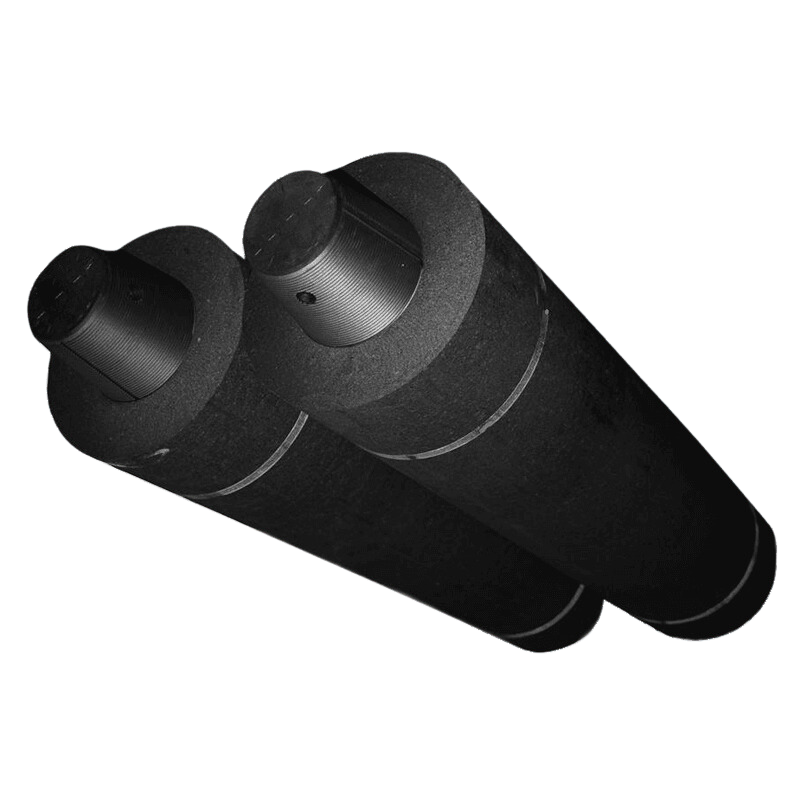The application of graphite rods in water electrolysis is a fascinating field that involves the use of water electrolysis technology. Water electrolysis is a process that utilizes an electric current to split water into hydrogen and oxygen. In this process, graphite rods play a crucial role in catalysis and electrical conduction, offering numerous advantages and promising applications.
1. Catalytic Role: Graphite rods act as catalysts in water electrolysis, enhancing the efficiency of the electrolytic reaction of water molecules. Typically, water electrolysis requires external electrical energy, and graphite rods, serving as catalysts on the electrode surface, lower the starting potential for electrolysis, promoting the efficient decomposition of water molecules. This contributes to improved electrolysis efficiency and reduced energy input requirements.
2. Electrical Conductivity: Graphite rods find widespread use in water electrolysis due to their excellent electrical conductivity. As part of the electrolyte electrodes, graphite rods provide high electrical conductivity, ensuring the effective flow of current through the electrolyte solution (usually water), driving the water decomposition reaction.
3. Corrosion Resistance: Graphite rods exhibit outstanding corrosion resistance, a critical characteristic in applications involving water electrolysis. The electrolysis of water involves electrolytes and the generation of gases, which can create a corrosive environment. The corrosion-resistant nature of graphite rods allows for stable and prolonged operation in such environments.
4. Renewable and Sustainable: As graphite is a naturally occurring carbon material, it is a renewable and sustainable resource. This environmental aspect enhances the eco-friendliness of using graphite rods as a crucial component in water electrolysis. Compared to other electrode materials that may involve expensive metals, graphite rods offer a more economical and sustainable choice.
5. Application Areas: The application of graphite rods in water electrolysis spans the production of hydrogen and oxygen. Hydrogen is widely recognized as a clean energy source suitable for applications like fuel cells. Water electrolysis, facilitated by graphite rods, enables the environmentally friendly production of hydrogen, contributing to increased process efficiency and economic viability.
6. Hydrogen Production Industry: Graphite rods play a significant role in the hydrogen production industry, particularly in electrolysis. Water electrolysis is a key method for hydrogen production, and the application of graphite rods ensures the controllability and efficiency of the electrolysis process, making hydrogen production a viable method for energy production.
In conclusion, the application of graphite rods in water electrolysis is pivotal for the production of clean energy and the development of the hydrogen economy. The superior catalytic and conductive properties, coupled with corrosion resistance, make graphite rods essential in advancing research and applications of water electrolysis technology.





